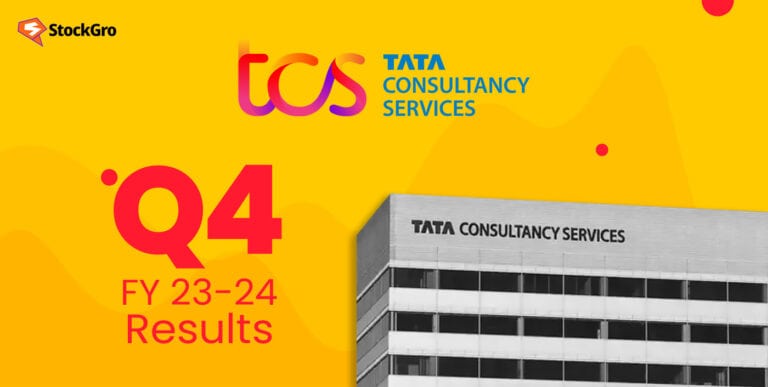
Adani Green Energy, a major player in the renewable energy sector, experienced a share price decline of over 4% on Monday morning despite reporting significant progress in its FY24 business operations.
This drop in share price occurred amidst a broader downturn in the stock market due to increased tensions between Israel and Iran.
Here is the scoop!
Strong growth in operational capacity and sales
Despite the drop in share price, Adani Green Energy had positive news to report in terms of business updates. The company’s operational capacity increased by 35% year-on-year to 10,934 MW, thanks to the addition of 2,418 MW of solar and 430 MW of wind power plants.
This includes the commissioning of 2,000 MW as part of the world’s largest 30,000 MW renewable energy project in Khavda, Gujarat.
You may also like: The renewable energy industry in India: A game-changer for the environment
The company’s performance metrics also show significant improvements. Energy sales surged by 47% over the past year, reaching 21,806 million units.
Adani Green Energy’s solar portfolio operated efficiently with a capacity utilisation factor of 24.5%. This means the plants were productive and generating energy close to their maximum potential. The high efficiency was backed by a plant availability rate of 99.7%, indicating that the solar plants were available and running smoothly for nearly all of the time.
Similarly, the wind portfolio showed strong performance with a capacity utilisation factor of 29.4%, marking a significant 420 basis point improvement from the previous year.
This measure reflects how effectively the wind plants produced energy relative to their capacity. The improvement was supported by a plant availability rate of 95.5%, showing that the wind plants were operating reliably for the majority of the time.
Impact of capacity additions and future growth plans
The addition of new capacity played a crucial role in these performance improvements. Wind energy sales increased by 71% year-on-year to 3,117 million units due to new capacity and higher utilisation rates.
Looking ahead, Adani Green is not slowing down. The company has an additional 11,019 MW of capacity currently under execution, which will nearly double its overall capacity to 21,953 MW. Adani Green aims to reach an impressive capacity of 45,000 MW by 2030.
Also Read: The role of the energy sector in powering India’s growth.
Commitment to sustainability
Adani Green has expressed its commitment to sustainable practices and is aligned with the United Nations Sustainable Development Goals. The company’s operations contribute to eliminating single-use plastics, attaining zero waste-to-landfill, and ensuring water-positive status for plants with capacities exceeding 200 MW.
Market reaction
Adani Green Energy’s strong business updates and ambitious future growth plans were overshadowed by a sharp decline in the company’s share price. During Monday’s trades, the share price fell by nearly 5% at its lowest point, even though the company’s operational capacity increased by 35% year-on-year and sales of energy surged by 47%.
This sharp drop in share price can be attributed to broader market trends and geopolitical tensions between Israel and Iran, which have led to a general decline in investor sentiment across the market.
| Particulars (Rs. in crore) | Q3 FY23 | Q3 FY24 | % Change | 9M FY23 | 9M FY24 | % Change |
| Revenue from Power Supply | 1,258 | 1,765 | 40% | 3,690 | 5,794 | 57% |
| EBITDA from Power Supply | 1,174 | 1,638 | 40% | 3,570 | 5,412 | 52% |
| EBITDA from Power Supply (%) | 92.1% | 91.5% | -0.6% | 91.8% | 92.0% | 0.2% |
While the strong operational performance and business updates did not immediately boost the share price, it is important to note that Adani Green Energy’s long-term prospects remain robust, given its commitment to expanding its capacity and maintaining sustainable practice.
Also Read: Sustainable and Ethical Investing
Conclusion
In summary, Adani Green Energy demonstrated solid business growth and operational achievements in FY24, as evidenced by its increased operational capacity and strong sales growth.
However, the stock market’s reaction was not favourable, possibly due to external factors like geopolitical tensions affecting investor sentiment. Nevertheless, Adani Green’s commitment to sustainable practices and ambitious growth plans position the company for a promising future.
As the market stabilises, these positive business updates could translate into a rebound in the company’s share price.
